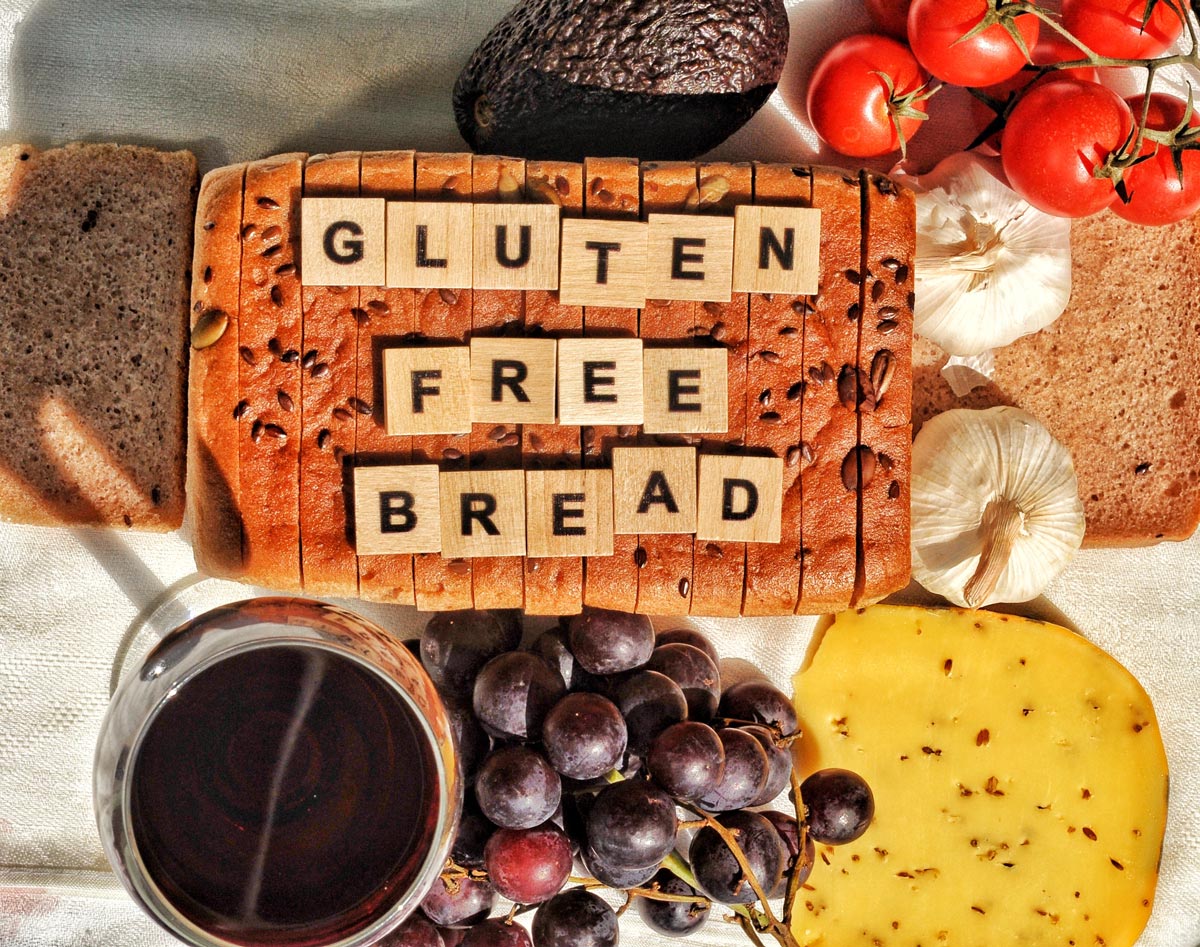1. Limit sugary drinks
Sugary drinks like sodas, fruit juices, and sweetened teas are the primary source of added sugar in the American diet (1).
Unfortunately, findings from several studies point to sugar-sweetened beverages increasing the risk of heart disease and type 2 diabetes, even in people who are not carrying excess body fat.
Sugar-sweetened beverages are also uniquely harmful to children, as they can contribute not only to obesity in children but also to conditions that usually do not develop until adulthood, like type 2 diabetes, high blood pressure, and non-alcoholic fatty liver disease.
Healthier alternatives include:
- water
- unsweetened teas
- sparkling water
- coffee
2. Eat nuts and seeds
Some people avoid nuts because they are high in fat. However, nuts and seeds are incredibly nutritious. They are packed with protein, fiber, and a variety of vitamins and minerals.
Nuts may help you lose weight and reduce the risk of developing type 2 diabetes and heart disease.
Additionally, one large observational study noted that a low intake of nuts and seeds was potentially linked to an increased risk of death from heart disease, stroke, or type 2 diabetes.
3. Avoid ultra-processed foods
Ultra-processed foods are foods containing ingredients that are significantly modified from their original form. They often contain additives like added sugar, highly refined oil, salt, preservatives, artificial sweeteners, colours, and flavours as well.
Examples include:
- snack cakes
- fast food
- frozen meals
- canned foods
- chips
Ultra-processed foods are highly palatable, meaning they are easily overeaten, and activate reward-related regions in the brain, which can lead to excess calorie consumption and weight gain. Studies show that diets high in ultra-processed food can contribute to obesity, type 2 diabetes, heart disease, and other chronic conditions.
In addition to low quality ingredients like inflammatory fats, added sugar, and refined grains, they’re usually low in fiber, protein, and micronutrients. Thus, they provide mostly empty calories.




